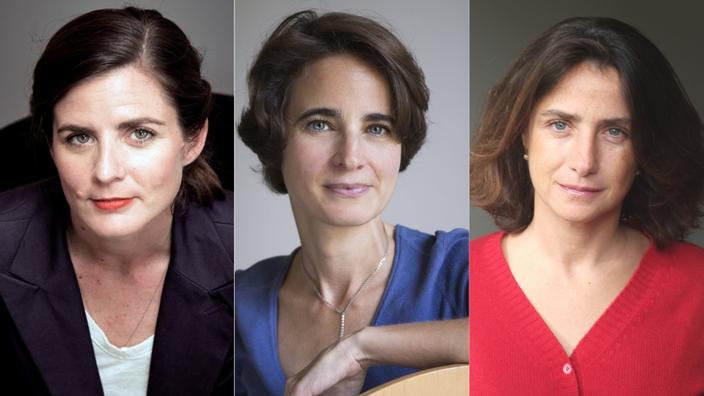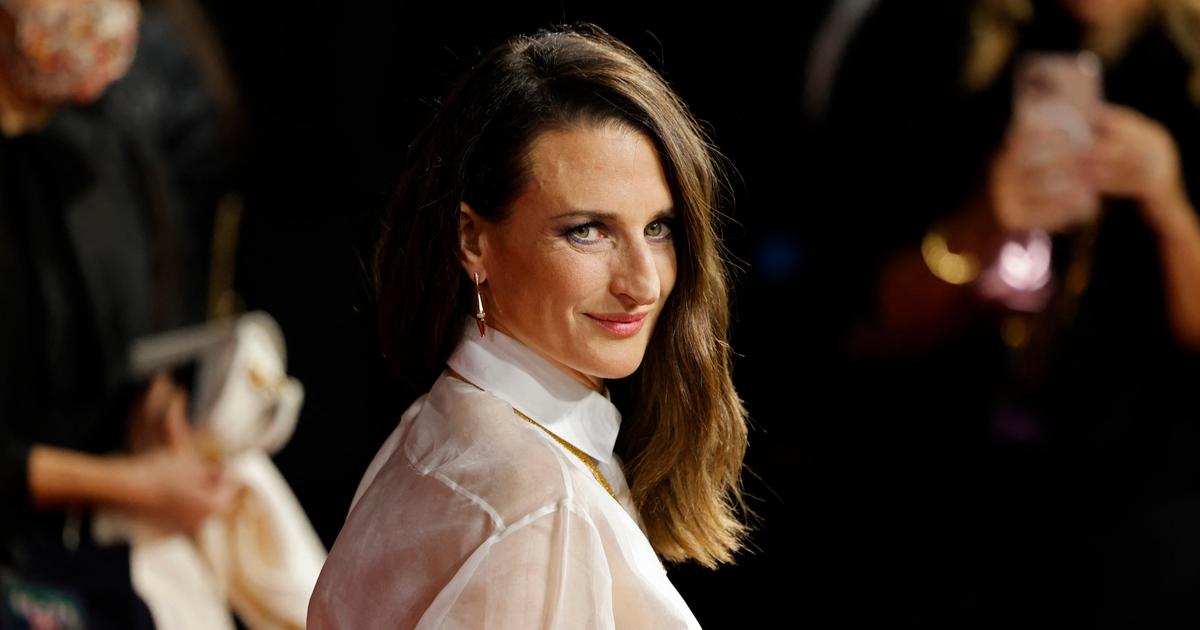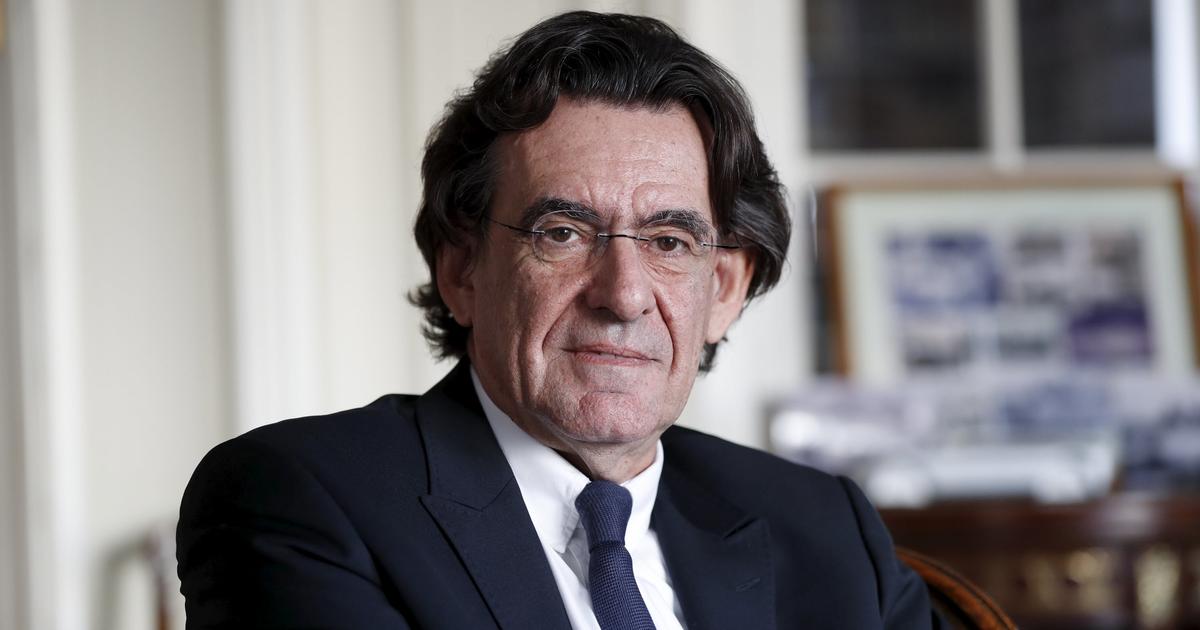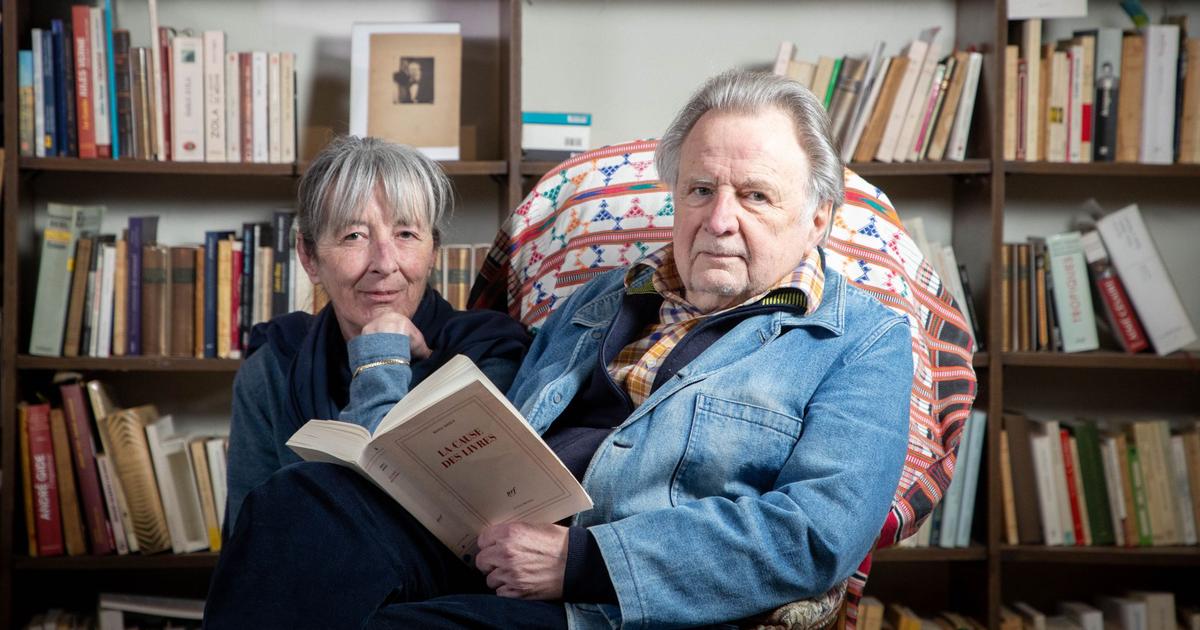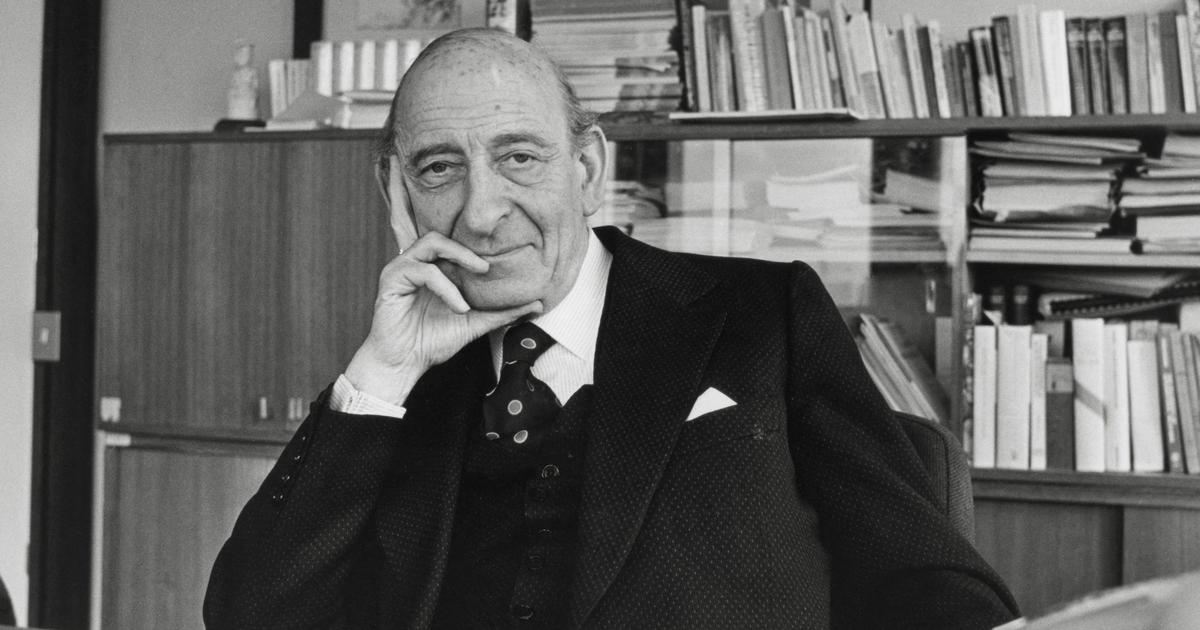Parents have a story, their children want to tell theirs too: Camille Kouchner's book is the third testimony published in a short time written by the daughter of a great figure of protest in France in the 1960s and 1970s.
La Familia grande
, by the daughter of the former minister and ex-far left activist Bernard Kouchner, a bookstore success since its release on January 6, sheds light on the fate of this generation raised by those for whom it was "forbidden to" to prohibit".
Concerning her mother for example, the academic Evelyne Pisier, who instilled in her that a woman should remain as free as possible, Camille Kouchner said Wednesday evening on France 5: "
She went so far as to abandon her children a little. .
Even a lot
”.
A book released in March 2020 tells a story with strong similarities on this point: The Maternal Effect, by Virginie Linhart, daughter of one of the leaders of the Proletarian Left, Robert Linhart, and an established far left activist. Nicole Colas-Linhart has also become a university-based factory. “
There are really similar things.
And that, I don't know how to explain it.
Yet in my book I really tried to analyze the situation of these women, to understand why they had not known how to be fully mothers.
», Indicates Virginie Linhart to AFP.
Read also: Duhamel affair:
La familia grande
with 225,000 copies
Right to claim
In 2017, in
Daughter of Revolutionaries
, Laurence Debray, daughter of the former guerrilla Regis Debray and the former Venezuelan revolutionary Elizabeth Burgos, also went back in time and this particular lineage.
Her childhood with "
military
"
parents
, she told AFP, by their conception of the daily political and intellectual struggle, did not in any way resemble the joyous disorder of the holidays in Sanary-sur-Mer depicted in
La Familia grande.
.
But the intention, at the time of writing this story down, was the same.
"
What I wanted to do was to free the word, that of my generation: first of all to say that it is not because we did not make the revolution that we are less well than 'them, and above all that we have the right to say what we have lived, to claim,
”she underlines.
To claim, above all, a pain of having passed after many other priorities: the desires of adults, activism, comrades.
Virginie Linhart tells for example that her mother, who raised her children alone, left them without a babysitter to go out, which panicked her daughter, reduced to imagining the worst scenarios when she went to bed.
"Angry with her"
Camille Kouchner for her part describes a father who "
is never there
", and whose wife says: "
He chose to save the other children.
Not his
”.
The couple broke up when she was six.
“
Freedom, women, couples, joyful infidelity, intelligent modernity.
When I was little, I was lulled by these stories,
”she recalls of her mother.
"
This book allowed me to be angry with her, and to love her immensely (...) I'm not trying to excuse her
", she said on television.
This mother died in 2017.
To read also: Camille Kouchner: “My mother, she understood very well.
She minimized, it's even worse "
Virginie Linhart, on the other hand, had to face her own, which went to court to have the book banned, in vain.
"
It plunged me into abysses of thought, that this generation, which raised me, me, with the slogan
" It is forbidden to prohibit "
, can resort to the law to prevent the publication of a testimony.
I find it very violent
”.
“
These words out of 68 were monopolized by the protagonists.
It was the only one that mattered (...) That of the children was not easy to bring out.
Nobody wanted to hear our story,
”she recalls.
But for Laurence Debray, the moment has finally come.
She was 41 years old when she published her story, as Camille Kouchner is 45, and Virginie Linhart had published
The Day where my father was silent
at 42 years old.
“
To write this kind of book, you have to have lived a little yourself, to have perspective.
But it was also important not to do it too late, so that my father could yell at me.
The book is a way of establishing a dialogue,
”says Régis Debray's daughter.

